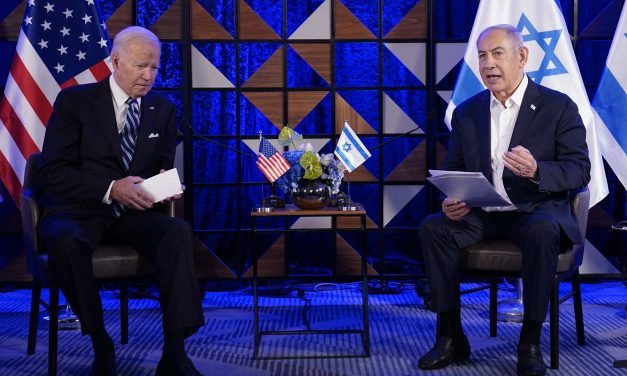President Biden’s trip to the Middle East had messages for both global and domestic audiences
By Allison M. Prasch, Associate Professor of Rhetoric, Politics and Culture, University of Wisconsin-Madison U.S. President Joe Biden’s decision to travel to an active war zone and the scene of an unfolding humanitarian crisis spoke volumes, even before his arrival. The White House has stated that Biden’s purpose is to “demonstrate his steadfast support for Israel” after Hamas’ “brutal terrorist attack” on October 7, 2023. But Israel was not meant to be his only stop. The president was also scheduled to travel to Amman, Jordan, to meet with Jordanian King Abdullah II, Egyptian President Abdel Fattah el-Sisi and Palestinian...
Read More















